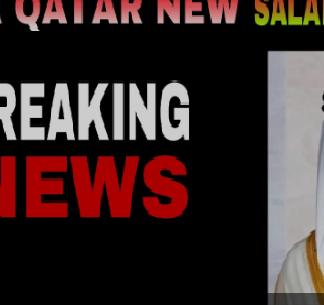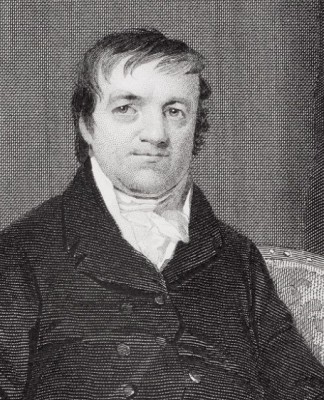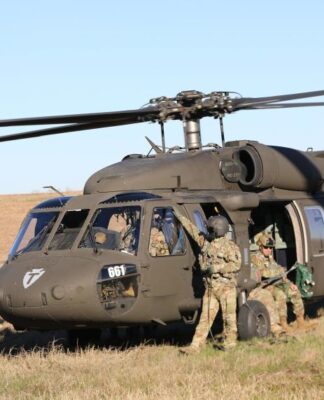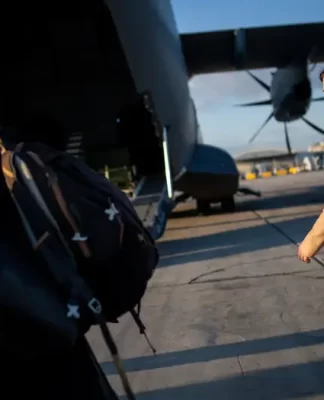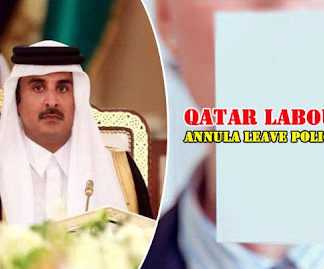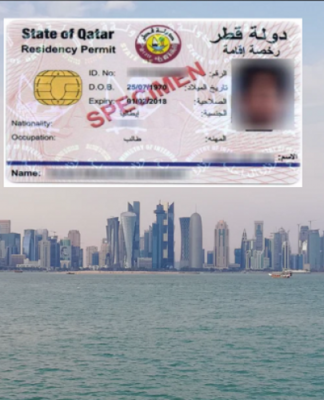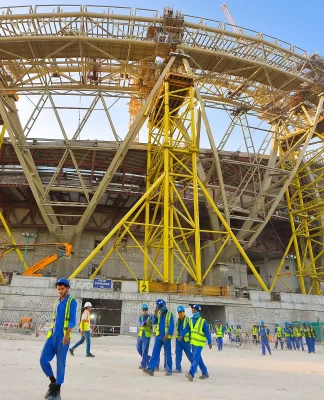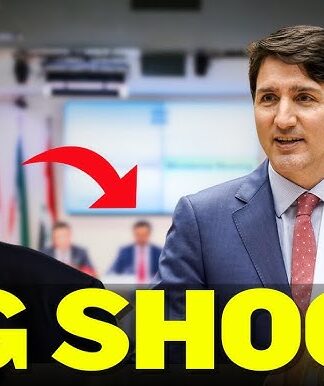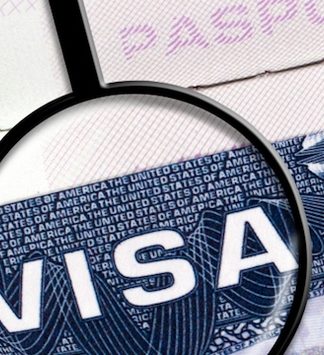LIVE
CONFLICTSLEBANON
Lebanon’s army to redeploy to south as ceasefire takes hold
Published 3 hours agoPublished 3 hours agolast updated 22 minutes agolast updated 22 minutes ago
Residents of southern Lebanon and other targeted areas are returning to their homes as Israeli forces withdraw under a ceasefire agreement between Israel and Hezbollah. DW has the latest.
https://p.dw.com/p/4nT64
Smoke billows over southern Beirut, Lebanon
Israel conducted multiple airstrikes on Beirut’s southern suburbs earlier this week before striking a ceasefire deal with Hezbollah in LebanonImage: Marwan Naamani/dpa/picture alliance
Skip next section What you need to know
What you need to know
Ceasefire between Israel and Hezbollah comes into effect
Israel has 60 days to withdraw, while Hezbollah is to pull its forces north
Lebanese army prepares to redeploy to south of country as part of truce deal
Here are the latest developments in the crisis in Israel, Lebanon, Gaza and other parts of the Middle East on Wednesday, November 27:
Skip next section Turkey calls for Israel to pay Lebanon reparations
22 minutes ago22 minutes ago
Turkey calls for Israel to pay Lebanon reparations
Turkey has said it welcomes the ceasefire and called for Israel to pay reparations for damage caused inside Lebanon.
The Turkish Foreign Ministry urged the international community to make sure Israel fully implements the truce with Iran-backed group Hezbollah.
Under the deal, Israeli troops need to withdraw from southern Lebanon in the next 60 days.
“It is imperative for the international community to exert pressure on Israel to fully comply with the ceasefire and to provide reparations for the damages it has caused in Lebanon,” the ministry said in a statement. It added that Turkey was ready to support peace efforts in Lebanon.
Ankara also said a ceasefire needed to be declared in Gaza as soon as possible to ensure lasting regional peace and stability.
Separately, Turkish President Recep Tayyip Erdogan expressed satisfaction with the deal and said Turkey was ready to help in any way possible to establish a lasting ceasefire in Gaza.
https://p.dw.com/p/4nTUB
Copy link
Skip next section ‘Fragile’ ceasefire holds in Lebanon, DW’s Tania Krämer reports
1 hour ago1 hour ago
‘Fragile’ ceasefire holds in Lebanon, DW’s Tania Krämer reports
A ceasefire agreement between Israel and the Iranian-backed Lebanese militant group Hezbollah appears to be holding.
DW correspondent Tania Krämer sums up the mood in Israel:
‘Fragile’ Israel-Hezbollah truce holds: DW’s Tania Krämer
03:01
03:01
https://p.dw.com/p/4nTUF
Copy link
Skip next section China welcomes ceasefire
2 hours ago2 hours ago
China welcomes ceasefire
China has welcomed a Lebanon ceasefire agreement between Israel and Hezbollah after more than a year of fighting.
“China is paying close attention to the current situation in Lebanon and Israel,” Foreign Ministry spokesperson Mao Ning said.
“We support all efforts conducive to easing tensions and achieving peace and welcome the agreement reached by relevant parties on a ceasefire,” she added.
China said it also hoped for a halt to fighting in the Gaza Strip, which it identified as the “root cause of the current round of turmoil in the Middle East.”
“All parties should work together to promote a comprehensive and lasting ceasefire in Gaza as soon as possible,” Mao said.
https://p.dw.com/p/4nTRT
Copy link
Skip next section Israel carries out strikes on Syria-Lebanon border
2 hours ago2 hours ago
Israel carries out strikes on Syria-Lebanon border
Israel has targeted several border crossings between Syria and Lebanon in two separate attacks, the Syrian Observatory for Human Rights (SOHR) reported.
The British-based monitor was cited by Germany’s DPA news agency as saying that the al-Arida in the Tartous countryside was targeted for the first time, along with the al-Dabusiyah and Joseyeh in the Homs countryside.
“The Israelis are trying to cut all bridges Hezbollah uses to smuggle weapons from Syria,” SOHR head Rami Abdel Rahman was quoted as saying.
Syria’s Defense Ministry confirmed the strikes on the border. It said six people were killed and 12 others were injured.
“The Israeli enemy launched an air aggression from the direction of Lebanese territory, targeting border crossings between Syria and Lebanon,” the ministry said in a statement.
Israel’s military has not commented on the strikes, but it has previously said that it will continue to target sites it sees as being linked to Iran.
Israel has long accused Iran of smuggling weapons to Hezbollah through Syria.
Fleeing yet another war: Syrian refugees escape from Lebanon
02:26
02:26
https://p.dw.com/p/4nTRD
Copy link
Skip next section Europe reacts to ceasefire agreement
2 hours ago2 hours ago
Europe reacts to ceasefire agreement
European leaders welcomed the ceasefire deal between Israel and Hezbollah, which came into effect on Wednesday.
German Foreign Minister Annalena Baerbock hailed the pause in fighting as “a ray of hope for the entire region.”
“People on both sides of the border want to live in genuine and lasting security,” Baerbock said, calling the deal “a success for diplomacy.”
EU chief Ursula von der Leyen said it was “very encouraging news,” adding that it would increase Lebanon’s “internal security and stability.”
Von der Leyen also said that the ceasefire announcement was welcome news “first and foremost for the Lebanese and Israeli people affected by the fighting.”
“Lebanon will have an opportunity to increase internal security and stability thanks to Hezbollah’s reduced influence,” she added.
French President Emmanuel Macron said in a joint statement with US President Joe Biden, ahead of the truce coming into force, that the deal would also “secure Israel from the threat of Hezbollah and other terrorist organizations operating from Lebanon.”
UK Prime Minister Keir Starmer praised a “long overdue” ceasefire that would “provide some measure of relief to the civilian populations” of both Israel and Lebanon.
Starmer called for the ceasefire to lead to “a lasting political solution in Lebanon” and vowed to be at the “forefront of efforts to break the ongoing cycle of violence in pursuit of a long-term, sustainable peace in the Middle East.”
Israel-Hezbollah ceasefire comes into effect
02:26
02:26
https://p.dw.com/p/4nTLX
Copy link
Skip next section Lebanon’s army prepares to deploy in the south
3 hours ago3 hours ago
Lebanon’s army prepares to deploy in the south
Lebanese soldiers inspect destroyed car in Aito, Lebanon after Israeli airstrikeLebanese soldiers inspect destroyed car in Aito, Lebanon after Israeli airstrike
Soldiers of Lebanon’s regular army are to secure the Israeli-Lebanese border under the terms of a ceasefire between Israel and the Iran-backed Hezbollah militiaImage: Hussein Malla/AP/picture alliance
The Lebanese army said it was “taking necessary measures” to deploy its forces in southern Lebanon, hours after a ceasefire deal between Israel and Hezbollah took effect.
The deal, brokered by the US and France, came into force at 4 a.m. local time (0200 GMT).
“With the ceasefire coming into effect, the army is taking the necessary measures to complete its deployment in the south,” it said.
The Lebanese military also called on residents displaced from their homes not to return to “front-line villages and towns” until Israeli forces withdraw.
Over a million people have been displaced by Israel’s bombing and ground invasion in Lebanon, a country with a total population of nearly 5.4 million.
Some 46,500 people were forced to leave their homes in northern Israel after the start of hostilities with Hezbollah in October 2023. Israel’s government has said that the possibility of their return is a major war aim of its military operations in Lebanon.
https://p.dw.com/p/4nT9X
Copy link
Skip next section What’s in the ceasefire deal?
3 hours ago3 hours ago
What’s in the ceasefire deal?
A ceasefire deal between Israel and the Hezbollah militant group in Lebanon came into effect at 4 a.m. local time (0200 GMT) on Wednesday.
Under the terms of the truce, Israel is to withdraw its forces from Lebanon over the next 60 days.
Meanwhile, Hezbollah would be required to move its forces north of the Litani River, some 30 kilometers (20 miles) north of the Israeli-Lebanese border.
Israeli security cabinet approves truce with Hezbollah
08:54
The Lebanese army and the UN peacekeeping force UNIFIL are to secure the border area. The US and France are to help monitor the ceasefire alongside UNIFIL, Lebanon and Israel.
Israel and Hezbollah have traded fire since October 8, 2023, a day after Palestinian militant group Hamas launched attacks on southern Israel.
Hezbollah said its cross-border strikes against Israel were in support of Hamas amid Israel’s offensive in the Gaza Strip.
In September, Israel stepped up its bombing campaign in Lebanon then in October it launched a ground operation in the south of the country in order to push back Hezbollah militants.
sdi/nm (AP, Reuters, AFP, dpa)












